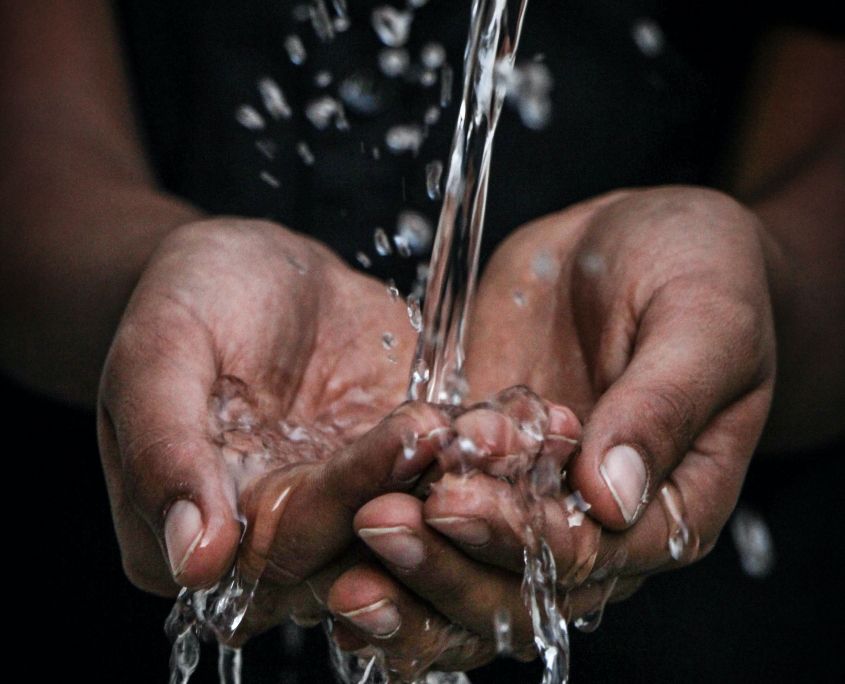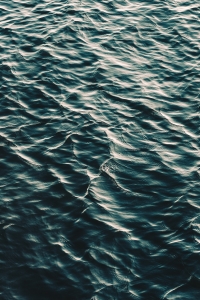Water Treatment Company – WATER IS KEY TO OUR EXISTENCE
As a Water treatment company we engage in activities to secure this most crucial asset of the world. We band together with organizations across a wide scope of enterprises, working one next to the other to foster answers for their water needs and business objectives. Traditional solutions and traditional ways of thinking are not enough to meet future demand. That is the reason Water Remedy is focused on giving progressed, financially savvy advances and arrangements that assist our clients with accomplishing their objectives, while simultaneously assisting them with dealing with their water chance and effectively explore the difficulties of an undeniably water-scant world. Together, we can really make the most of each drop, today and for people in the future.
Water treatment company Profile
Water Remedy basically a Water treatment company was set up in 2003. This organization was framed remembering the developing cravings of individuals and the interest in water services & treatment in the Pakistani industry. Nobody better than us might have caught the prerequisites of the business in Pakistan. Taking everything into account, permit our broad information on water treatment and our accomplished staff to help you with whatever your necessities might be. From administrations, synthetic compounds, hardware, modern plants, and venture the executives, we are completely prepared to deal with the entirety of your Water Treatment needs.
For over 20 years, general ideology, unitary standard, and the professional approach to solving the assigned problems hold the specialists of our company together.
The offices of Water Remedy are in Lahore, Karachi, Faisalabad. Our company is operating in over 20+ cities. Recently Water remedy has gone international and now serves in Canada, Turkey, and United Arab Emirates. We are a team of committed professionals and sincere with their job and clients.


